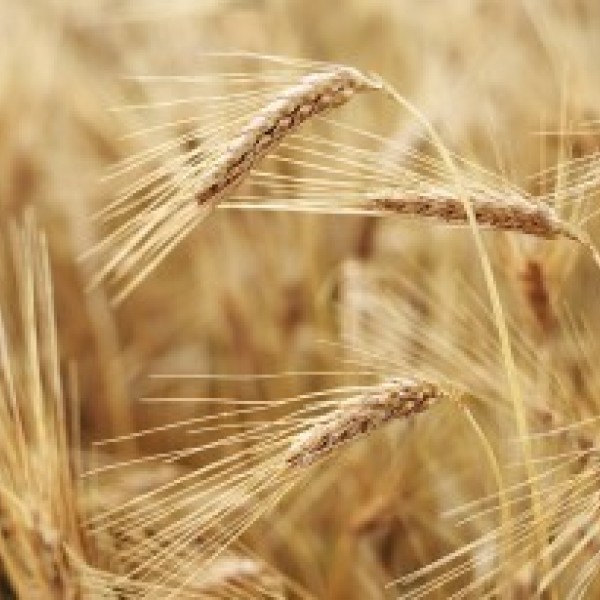Food Forests, also known as Edible Forests, sees community growers cultivating edible perennial plants, such as fruit and nut trees, berries, roots and flowers etc. in an arrangement that is functional, productive, and often aesthetically pleasing. This is a subset of agroforestry, which broadly speaking, is a land management approach that integrates trees or woody perennials (think nut trees, timber, sugar maple) with other crops such as annuals, mushrooms, or even pasture for grazing.

Craig Cramer/ Cornell SIPS

Cornell Garden-Based Learning is looking to support the development of edible perennial landscapes for new audiences though their Food Forest Trial Garden Project. The project supports collaboration between Cornell Cooperative Extension (CCE) educators, Master Gardener volunteers and local gardeners, and has offered microgrants to communities to implement and steward their own food forests. As part of this focus, they invited Master Gardener volunteers and other CCE stakeholders from across the state to participate in a round of hands-on workshops held in CCE Tioga’s Hilltop Community Farm April 30, to hone some of the skills needed to tend to a Community Food Forest.
Topics included creating habitat for beneficial insects, honoring the history and ingenuity of indigenous agroforesty, low-till gardening techniques, soil and water best practices and propagation demonstrations, and also culminated in the planting of Hilltop Community Farm’s first ever Food Forest. The garden design, which was developed by landscape architect Sarah Neal of Danby N.Y., takes into consideration a number of different functions and needs in its design. The garden will accommodate a seating area for gathering, it features plants that are all edible when raw for the safety of visiting children, and takes advantage of a small space with high density plantings that permit sufficient sunlight for all plants.
Following the event’s inaugural planting in Candor, N.Y., four other forest garden sites will be designed and planted through a Food Forest Trial Garden mini-grant program with Cornell Garden-Based Learning, with the hope of bringing the pilot workshop program to other sites around the state, engaging local audiences and people from diverse backgrounds and indigenous agroforestry traditions to take the lead. These Food Forests may have distinct forms and vary greatly in their perennial crops and design.
Participants discussed how different community needs will impact the design and layout of the garden in their communities. For example, in some urban landscapes, gardeners may need face pressure to highlight the aesthetic beauty, and “tidy” nature of their garden (using straight lines, neat fences, mulching and to show it is a managed, not abandoned space) whereas those in rural areas may face different challenges, such as deer fencing and other pest pressures. Regardless of location, all Food Forests will need a plan for who will steward them, and should be designed in consideration of future climate change impacts.
If you are interested in engaging with these topics with Cornell Garden Based Learning, the Food Forest Trial Garden Field Days has an upcoming event, “Ecological Gardening Sites Tour” on May 13, 2022, at the Cornell Botanic Gardens. To explore opportunities for beginning farmers in the farm incubator program and view upcoming events at Hilltop Community Farm, visit their website.
See also: Garden-Based Learning Horticulture Update newsletter.
Hannah Rae Warren is the Bilingual Project Specialist for the Cornell Small Farms Program. Her work is the focusing on building relationships throughout our local and regional food system, and supporting pathways for Spanish speakers to pursue farming and adopt IPM practices. She's interested in promoting land access for all people that wish to grow food, and working to make educational and financial resources more accessible in sustainable agriculture.
Keep Exploring

News
Growing climate-smart crops is half the battle. Consumers need to understand sustainability claims and, more importantly, be willing to pay a premium for them.
- Charles H. Dyson School of Applied Economics and Management
- School of Integrative Plant Science
- Soil and Crop Sciences Section

News

We openly share valuable knowledge.
Sign up for more insights, discoveries and solutions.


